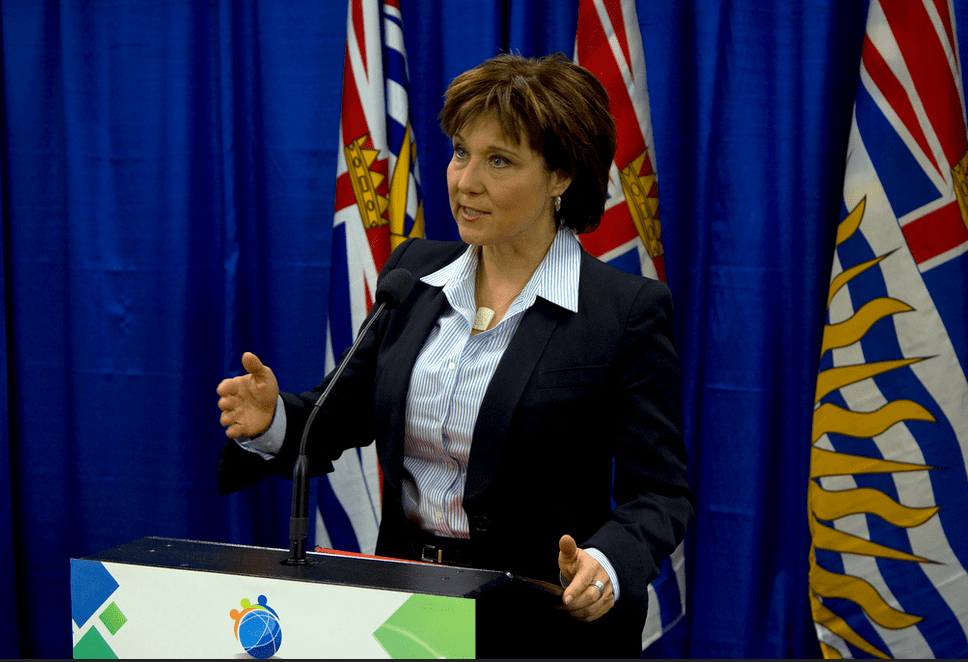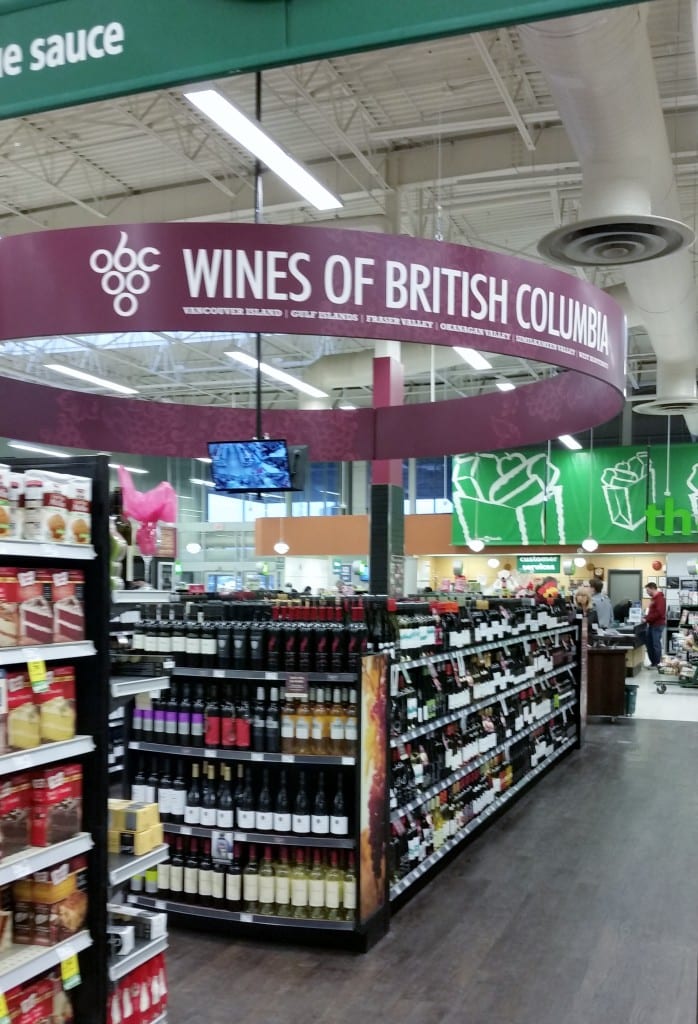November 2016 Update
The United States government has officially lodged its concerns with Canada over British Columbia’s policy of restricting wine sales on grocery store shelves to B.C. wines exclusively.
The U.S. wine industry claims B.C. is violating Canada’s obligations as a member of the World Trade Organization [WTO] to treat imports no less fairly than it treats domestic products.
The involvement of the USTR in the wine dispute does not necessarily mean it will escalate to the point that the U.S. seeks retaliatory tariffs through the WTO, said Vancouver wine lawyer Mark Hicken. However, that the U.S. government is now openly paying attention shows the issue is “no longer just sabre-rattling,” he said.
Read more here: U.S. levels complaint against B.C. wine sales
Here is our May 8th original article on this subject.
THE FACTS: 100% BC Wine-in-Grocery
- There are 21 BCWI BC VQA licences today and in 2016, the BC government will auction an estimated 24 “Bill 22 – Special Wine Store Licences” making a maximum of only 45 “wine on shelf” licences possible for the entire Province. In total, these licences represent about 2.5% of retail outlets in the Province.
- Currently, wine-in-grocery stores with BC VQA Wine Store licences carry nearly 1,000 100% BC VQA Wine products from more than 150 wineries.
- More than 50% of wine-in-grocery sales are from small wineries not carried by the Liquor Distribution Branch, meaning that these wines and wineries are being exposed to the marketplace in a meaningful way for the first time thanks to this new sales channel.
- BC VQA is growing faster than any other wine category in the marketplace. Total BC VQA Sales Growth over the previous year averaged 15%.
- Total Provincial Wine Market Share in BC average 14%, outpacing imports by nearly 10%.
- Winery Direct sales and tourism is at an all-time high with 30% of BC VQA Wines sold directly from cellar doors in 2015.
- The number of wineries and wine regions in British Columbia is at an all-time high including: 256 grape wineries; five designated viticultural areas (wine regions); one sub-appellation; and four emerging wine regions.
- The acreage planted in the ground is at an all-time high at 10,260 acres.
Trading Partners objections

The chair of the Australian Grape and Wine Authority has written to Premier Christy Clark raising objections to reforms that favour B.C. wines. Brian Walsh stated in his March 5 letter that B.C. VQA wines had a 20.9 per cent market share last year in B.C., generating gross sales of $217 million, an increase of 12% from the previous year. Australia, had a 7.9 per cent market share in B.C. wine sales last year, according to his letter. Walsh described ways in which B.C. wines enjoy “preferential treatment” over other countries wines:
• BC wine that’s delivered directly does not go through the Liquor Distribution Branch system and bypasses LDB fees and markups.
• BC wineries deliver wine directly to consumers at wineries.
• “Cellared in Canada” wines (imports bottled in this country) may be delivered through the B.C. wine-distribution system without being B.C. wines. A number of Federal politicians are currently challenging this labelling inconsistency.
• BC VQA’s support program offers rebates for BC wines sold through government-owned liquor stores.
“In light of this, Walsh queries why the BC wine industry requires further preferential support as it clearly already competes very strongly in the BC market,” He declared that the government’s proposal to allow BC VQA wines to be sold on grocery-store shelves should be “withdrawn or modified to ensure a level playing field is afforded to the domestic and imported wines alike in accordance with Canada’s obligations under World Trade Organisation (WTO) rules”.
Earlier this year the California Wine Institute objected in a separate letter to the premier about BC’s liquor-policy reforms. The B.C. Wine Institute subsequently came to the BC government’s defence, claiming that California’s industry is “misinformed if they believe B.C. is working outside trade regulations”. The BC NDP’s liquor-policy critic, David Eby, said the letters from Australian and California wine producers shouldn’t come as a surprise in light of how the government has been advancing its liquor reforms. “Every aspect is being challenged—certainly by existing businesses in B.C., by craft brewers, by wineries, by importers, by restaurants. It’s also being challenged internationally.”
It will be interesting to see how this plays out for wine consumers. Please leave your comment below.
Source: Georgia Straight
Australian wine producers complain to Premier Christy Clark about liquor reforms that favour B.C. products
California wine producers claim B.C. liquor reforms violate NAFTA, GATT, and EU-Canada Agreement

